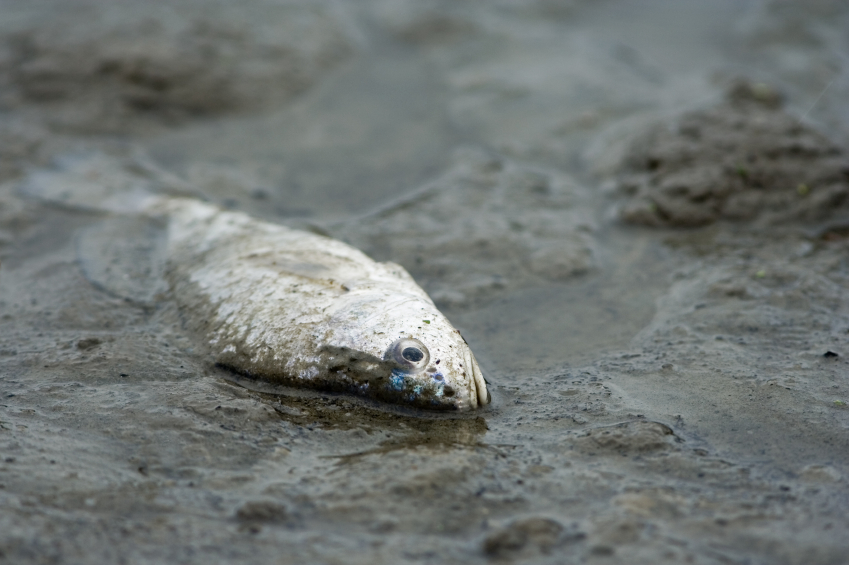The world’s first polluted river is over 7,000 years old, researchers find
01/09/2019 / By Frances Bloomfield

Researchers from the Liverpool John Moores University may have found the world’s first polluted river, reports Sci-News.com. Located in the Wadi Feynan region of southern Jordan, the now-barren riverbed was found to contain traces of anthropogenic copper pollution and was contaminated well over 7,000 years ago. The study, published in the journal Science of the Total Environment, notes that the site was discovered to have remnants of fires and extreme copper pollution. This, according to the researchers, is a sign that late Neolithic humans may have been in the early phases of developing metallurgy.
Professor Russell Adams from the University of Waterloo, Canada, said in a report by CBA.ca, “These populations were experimenting with fire, experimenting with pottery and experimenting with copper ores, and all three of these components are part of the early production of copper metals from ores.” Adams went to add, “The technological innovation and the spread of the adoption and use of metals in society mark the beginning of the modern world.”
The site was dated to a time known as the Chalcolithic or Copper Age, a transition period between the Stone Age or Neolithic Age and Bronze Age. Aside from the riverbed, SputnikNews.com reports that there were signs of other forms of metallurgical infrastructure. Copper factories, ancient mines, and smelting furnaces were all found within Wadi Feynan. Adams believes that the region’s inhabitants may have begun making copper by mixing ore with charcoal in pottery crucibles and then heating the crucibles over fire. This process was noted by Sci-News.com for being “time-consuming and labor-intensive,” and it would take thousands of years before copper would become a central and integral part of human societies. With the passage of time, communities in the area grew, as did copper production.

“This region is home to the world’s first industrial revolution. This was the Silicon Valley of the age. It really was the center of innovative technology.” Adams said. It was also observed, however, that the improved and increased production of copper came at a heavy cost.
With smelting came slag, a waste product of the process. The slag that was left behind contained a variety of metals ranging from lead to cadmium to zinc. The type of metals wasn’t just limited to these, however, and included in the slag were more dangerous ones like arsenic and mercury. Plants absorbed these metals from water bodies. The plants in turn were consumed by the people and grazing animals like sheep and goat. The combination and amount of ingested metals may have lead to the people and animals of Wadi Feynan to suffer from a score of health-related issues.
“The pollution from thousands of years of copper mining and production must have led to widespread health problems in ancient populations. Infertility, malformations and premature death would have been some of the effects.” Adams said, reports Sci-News.com. At the same time, it was noted by the research team and SputnikNews.com that, “the precise mechanism of contamination remains unclear.”
As of writing, the researchers have expressed their desire to continue researching into the extent of pollution during the Bronze Age and how it affected ancient human societies.
Water pollution is an increasing global ecological concern, with disasters like what happened in the Hudson River and Animas River becoming more commonplace.
You can read more about similar environmental issues at Environ.news.
Sources include:
Submit a correction >>
Tagged Under:
This article may contain statements that reflect the opinion of the author





















